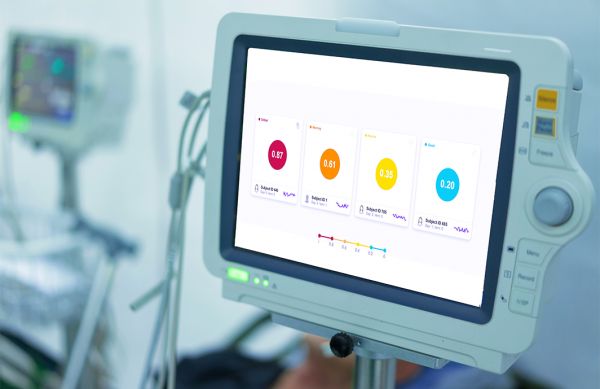
The rapid escalation of the COVID-19 pandemic has had a significant impact on various medical, economic and social dimensions across the world, and resulted in a series of yet unsolved collateral issues.
In an effort to channel the immense potential of academic institutions to find solutions for such problems, Prototypes for Humanity launched an initiative inviting its community of 260 universities around the world to submit proposals addressing the myriad of issues brought on by COVID-19.
In less than three weeks, following the opening of the applications on March 16, 390 projects have been submitted by university graduates, undergraduates and professors from 125 academic institutions across 40 countries. The proposals came from fields ranging from medical engineering to game design, psychology, network science and business, from leading international universities such as Oxford, Harvard, Imperial College and Insead, alongside institutions in emerging markets such as Peru, Uganda, Egypt, Turkey and Malaysia.
One of the main goals of the initiative was to identify projects that can be advanced towards testing and implementation and four proposals have been selected to follow a structured development programme.
Taking into account their development requirements, scalability and readiness to be accelerated, a jury of senior representatives from leading private and public organisations in Dubai evaluated proposals over two assessment rounds, and after a series of detailed analysis and interviews, the finalists were selected.
The creators behind these selected ideas will be awarded the tuition fee of their current studies and will embark on an acceleration programme offered by Prototypes for Humanity in collaboration with Wamda, receiving business training, mentorship and supported networking opportunities within their industries, to advance their ideas towards implementation. Over the next two months, they will be equipped with tools and guidance to take their projects to pilot stage and find opportunities to take them to market.
The four selected proposals are:
Foresight an AI system to monitor patients A trained AI system which is able to constantly process patients’ clinical information, providing an algorithmic distribution of intensive care results, increasing patient turnover and easing clinical staff workload through a prioritising system. By Samyakh Tukra and Marta Kedrycki, Imperial College London.
Anti-viral Package – an anti-proliferation delivery container Anti-proliferation materials (such as medical grade kraft paper) are repurposed and combined with QR code technology to make delivery packages safer. The solution prevents viral proliferation and can be used inside sterilising machines. By Erick Iroel Heredia Carrillo, National Autonomous University of Mexico.
Help Ourselves – a docking app for Covid-19 volunteering. People have shown willingness to help others get through these difficult times, but they lack reliable channels for mutual collaboration and an aggregating database. Help Ourselves is a docking app for people who are in need and those who want to help. By Hanhui Deng, He Xu, Zijing Wan and Yidi Zhao, Hunan University.
VEA – a device to make bleach at home. A low-cost home-made option to produce disinfecting liquid bleach anywhere in the world, through the use of an electrical component that converts a simple mix of water and salt into bleach. By Mostafa Barmchi, Sepideh Golgoon, Ali Mohammad Sharifi and Amir Rezaei, Islamic Azad University.
To view more submitted proposals, click here